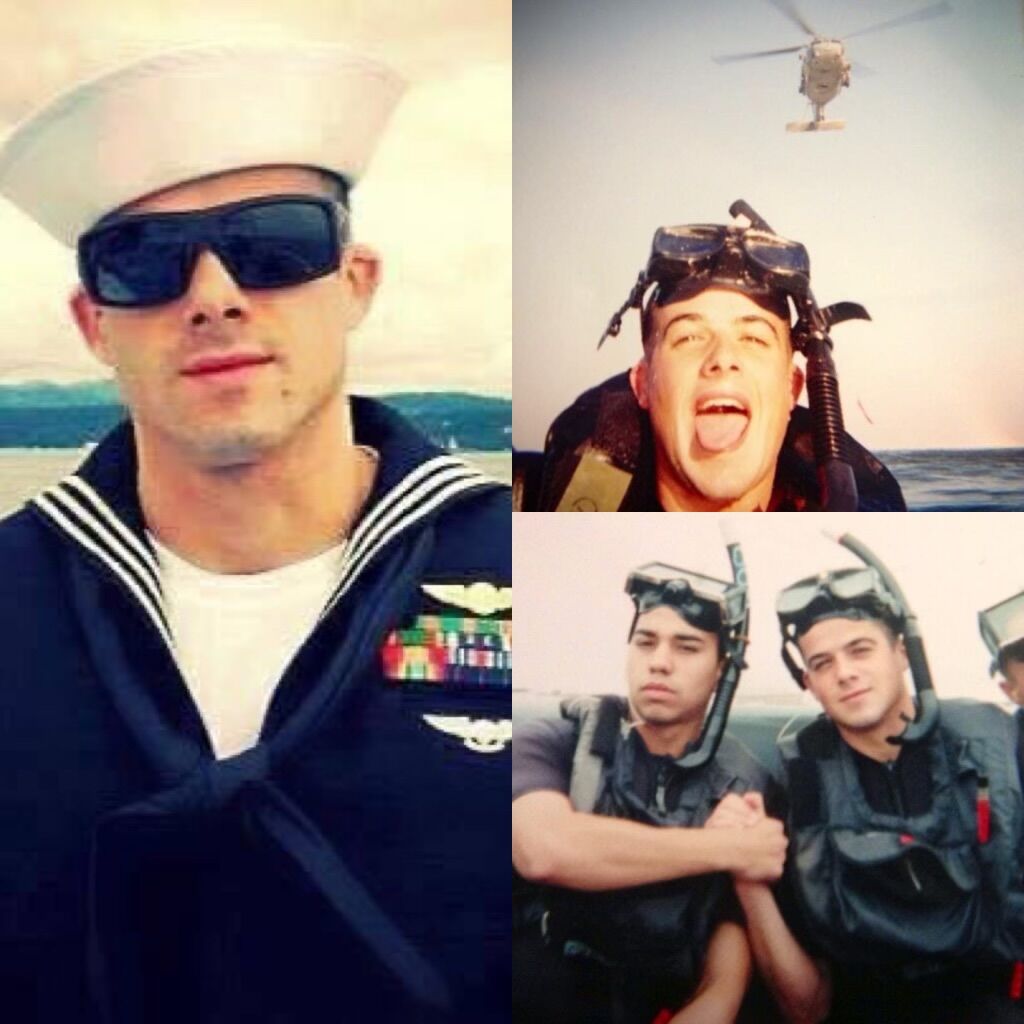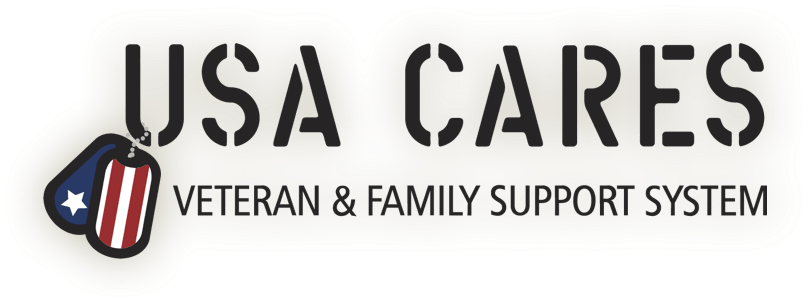Brian Fox
Like so many in his generation, Brian Fox was moved to join the military after watching the 9/11 terrorist attacks at just 18 years old. Both he and his brother enlisted the same day in October of 2001.
“I was one of those knuckleheads,” Brian joked.
With a father in the Navy, it made sense for the Fox brothers to join, too. Brian would go on to serve 11 years during both Operation Iraq Freedom and Operation Enduring Freedom as a helicopter crew chief.
“It was combat search and rescue,” Brian said. “We’d medvac people stranded at sea, ejected pilots or capsized aircraft behind enemy lines.”
Brian saw some terrible things while performing his job, but he was made for his high-risk, adrenaline-inducing career. It wasn’t until the end of his military career, in 2011, that things started to change.

“I had five deployments and my last one was really tough,” Brian said. “We were doing search and rescue in Japan after the earthquake and my friend back home was murdered. I wasn’t allowed to come home because of the radiation I was exposed to from the FDNPS (Fukushima-Daiichi Nuclear Power Station) explosion.”
During his last medical appointment while still serving, doctors diagnosed Brian with depression and PTSD. He left the service shortly after.
“When I separated, that’s when the challenges began,” Brian said. “I lost purpose, I was lonely, and stuck on the hamster wheel of the VA.”
Eventually, Brian found his stride in the civilian world, but in early 2024, things took a turn for the worse.
“I wasn’t taking care of my mental health,” Brian said. “I found every excuse in the book to not go (get help).”
Things became so dire that Brian attempted suicide in February. Fortunately, he was unsuccessful, but it was apparent to everyone that he needed immediate help, so he was entered into inpatient treatment at the VA Hospital.
“I was there for 60 days,” Brian said. “Right now, I’m in outpatient five days a week but hopefully I’ll move to residential in July.”
While the treatment helped Brian, it also compounded problems at home. He was unable to work and, as the sole provider, his partner and their kids were depending on him.
“I was carrying that burden, so I couldn’t really even focus on my mental health treatment,” Brian said.
Then, while still at the VA hospital, Brian decided to reach out to USA Cares.
“They came through in a big way,” Brian said.
USA Cares was able to assist Brian with his family’s rent and utility bills.
“(USA Cares) was there through some really rough spots,” Brian said. “When USA Cares came through and actually helped, I was like, OK. It felt like just overall bliss and now I can actually focus on this mental health treatment versus trying to manage all of it.”
Brian is still on his road to recovery, but he said he feels hopeful and wants to encourage other veterans to take care of themselves.
“Checking in on veterans is important,” Brian said. “Joining at 18, I didn’t know what life was like outside of the military. I was always ‘mission this or mission that.’ When the mission was complete, I couldn’t figure out what was next. We have to give support to veterans because they’re killing themselves over this. There is obviously a problem.”
